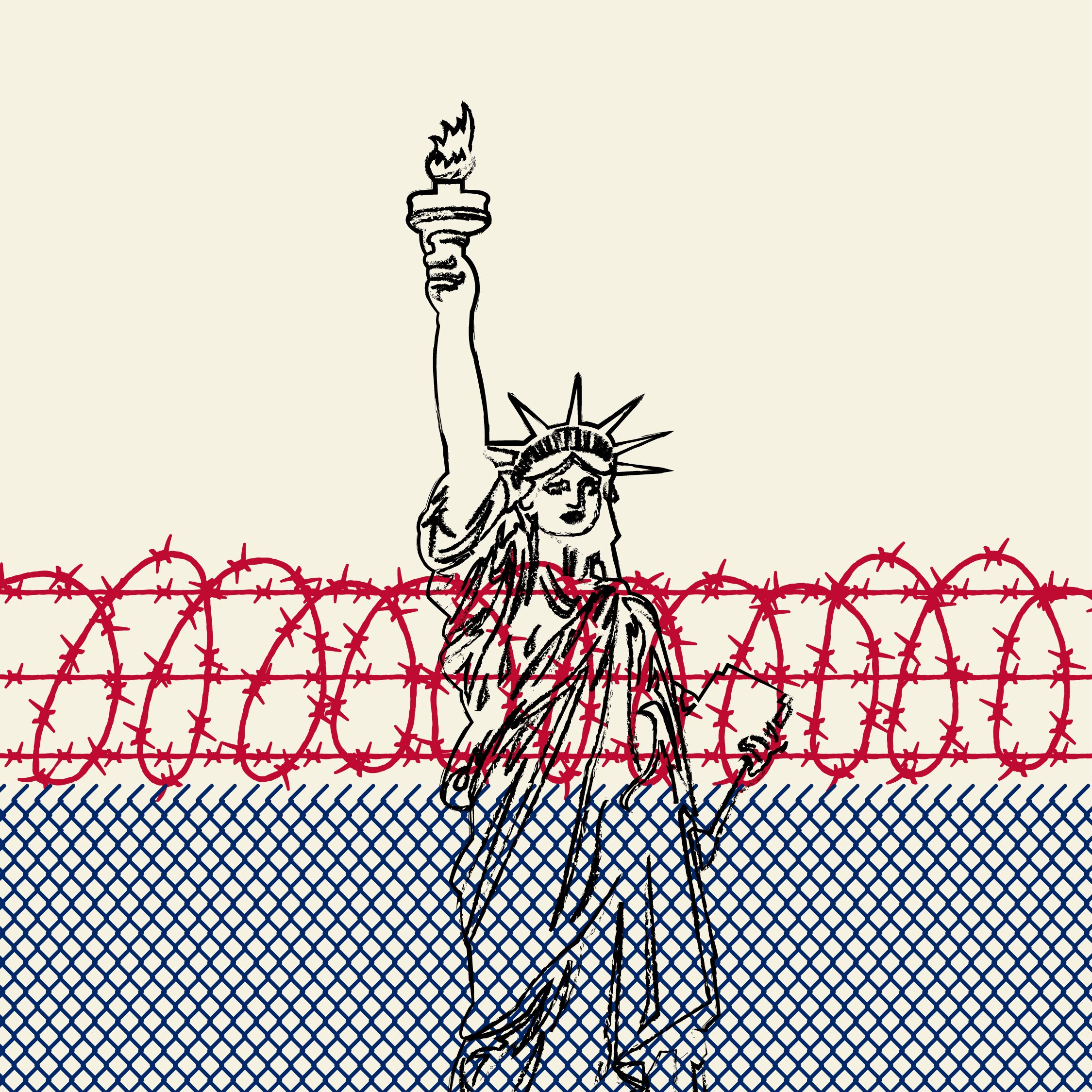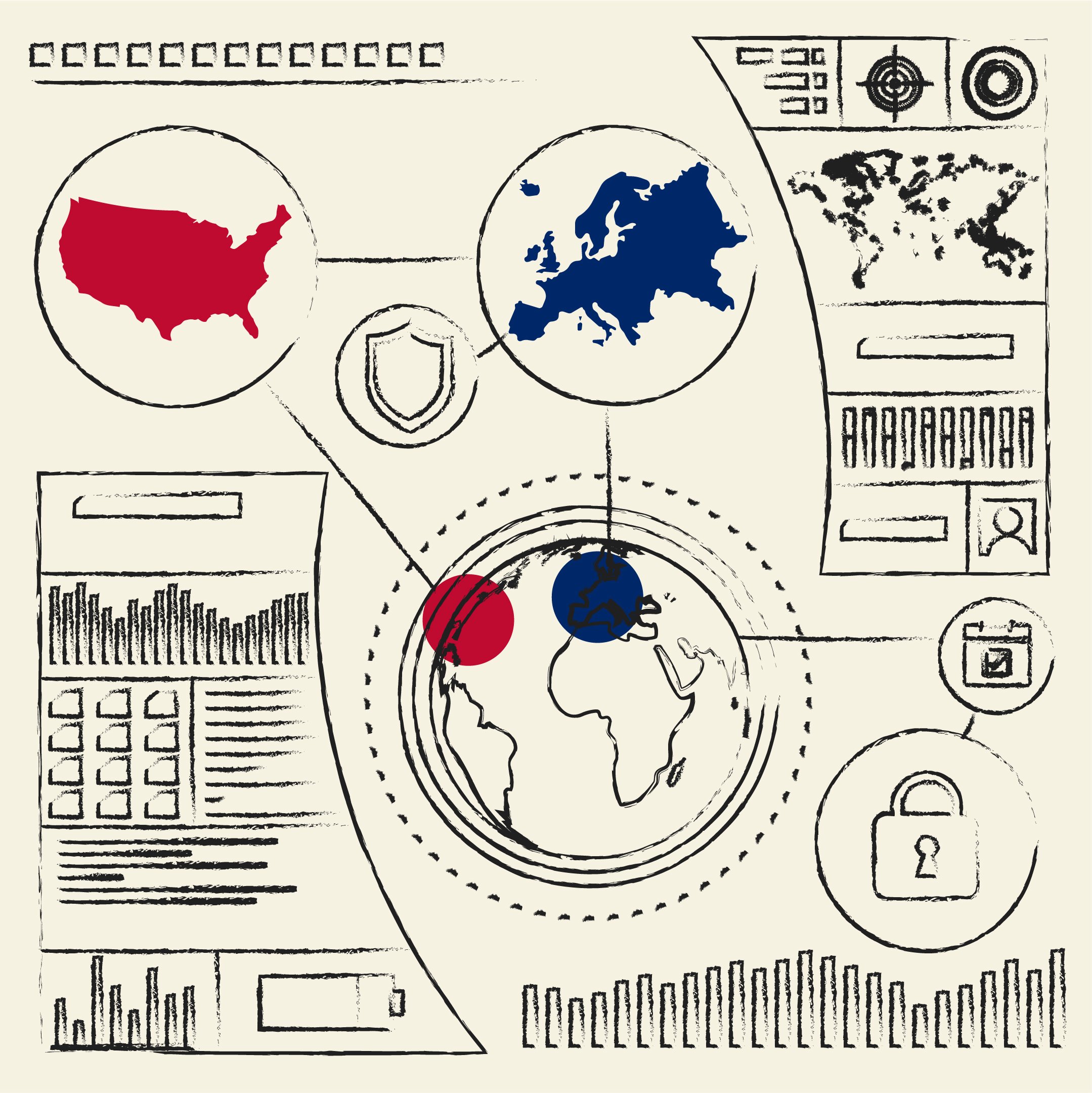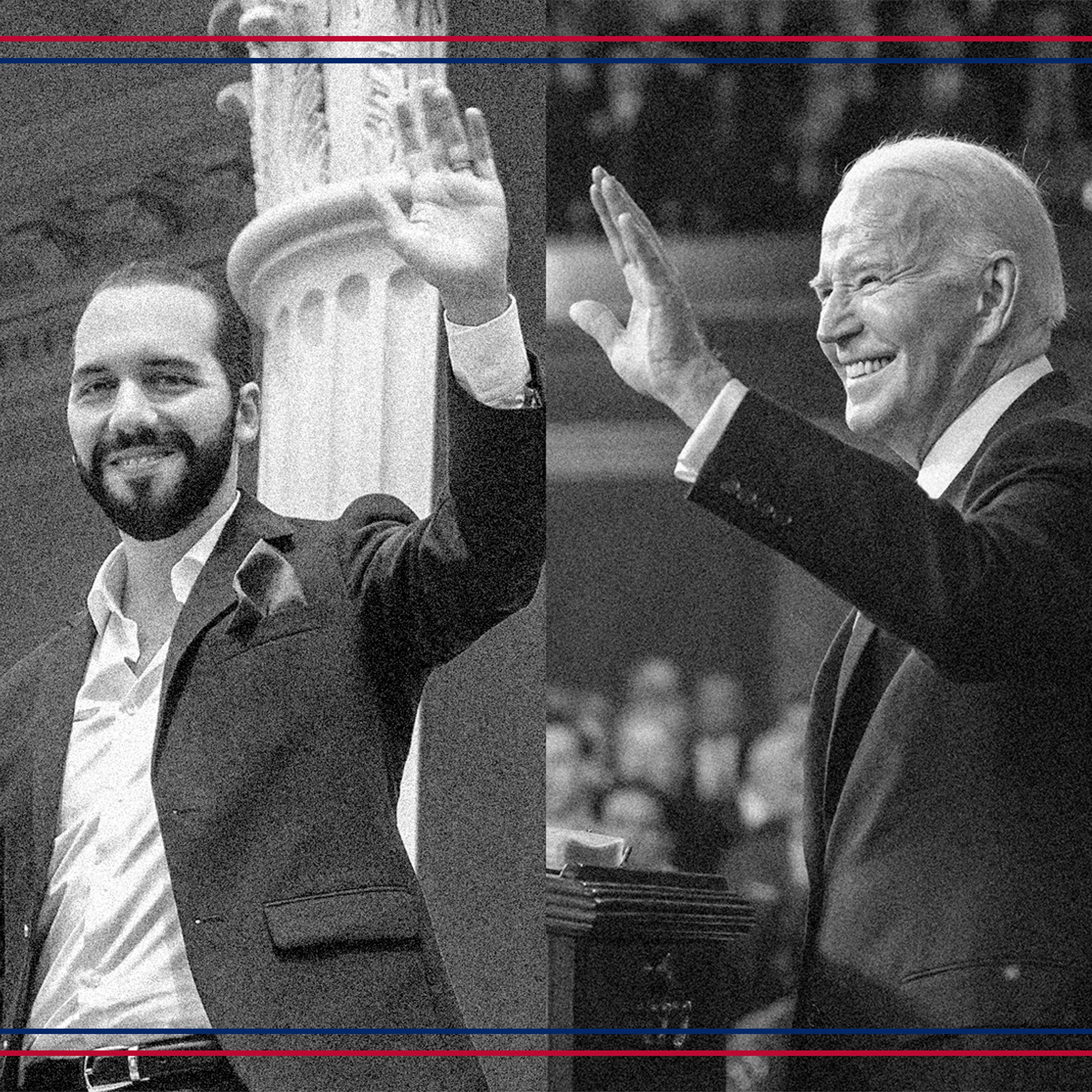Editors’ Note
Issue 21: America
OCTOBER 3, 2024
For those observing the run-up to the U.S. presidential election from outside the country, there is an inherent contradiction: The outcome will have a significant impact across the globe on issues like climate change, migration and rising authoritarianism, as well as the crisis in the Middle East and the war in Ukraine. But the election is first and foremost a domestic affair, more about capturing the hearts and minds of America’s middle-class than anything else.
The Dial is uniquely positioned to offer a different perspective than many English-language media. In this issue, you’ll find reporting, essays, and fiction — from El Salvador, South Africa, Guam, Belgium and others — that consider the stakes of the 2024 election across the world and the many ways the U.S. shapes political and cultural debates beyond its borders.
Our reporting this month explores the impact of U.S. policies abroad, and the ways in which its fractured, polarized political landscape has empowered authoritarians in other countries. From Buenos Aires, for example, Lucía Cholakian Herrera reports on the birth of the “Make Argentina Great Again” movement and how the country’s right-wing president, Javier Milei, harnessed a Donald Trump-inspired backlash against progressive politics to his advantage. From Lebanon, Justin Salhani reports on how the U.S.’s continued economic support for Israel has confirmed for many in the region what they long suspected: that the concepts the U.S. champions, like human rights, equality and justice, do not apply to them.
We also prompted writers to interrogate more abstract questions, like what the term “America” stands for and how “American” values and practices are harnessed, for better or worse, abroad. In an essay about teaching American Studies in Amsterdam, George Blaustein reflects on how to craft a syllabus that grapples with the contradictions of the U.S. while avoiding the distraction of its never-ending election cycles. From Taiwan, Clarissa Wei writes about how American fast food took over the world — and how the world made its own mark on franchises like McDonald’s, Starbucks and Pizza Hut.
We’re also delighted to bring you two works of fiction, both set on U.S. university campuses. In an original short story by Carey Baraka, a Kenyan writer is invited to an American university “to understand the country, and to fall in love with it.” An excerpt from Bruna Dantas Lobato’s novel Blue Light Hours follows a young Brazilian woman as she struggles to describe her new life as an undergraduate to her mother back home.
And finally, we’ve asked 12 writers, each from a different country, to write short reflections on how the run-up to the U.S. election is playing out where they live. Many report that there is an overwhelming feeling of disillusionment or disengagement. “An Afghan surgeon told me that no U.S. president had ever cared for Afghanistan or its people before, so he didn’t hold out hope that these candidates would be any different,” writes Lynzy Billing.
We’re immensely grateful for our readers’ support — thanks to your generous donations, we were able to put together a bigger, more ambitious issue this month and continue to ensure that we pay our writers, translators and other contributors fairly.
We hope these pieces will inform, surprise and delight — and create an opportunity for reflection in the feverish weeks before the election.
— The Editors




